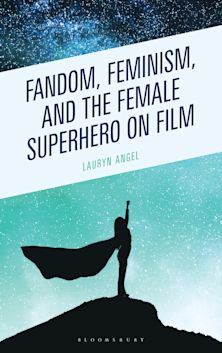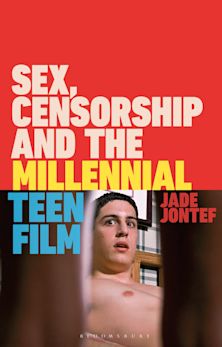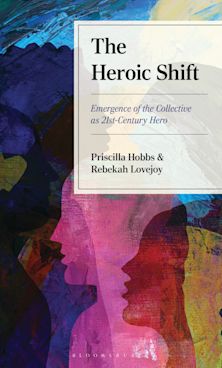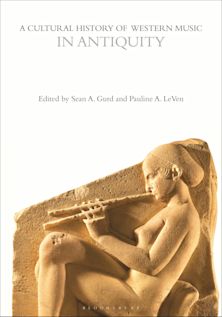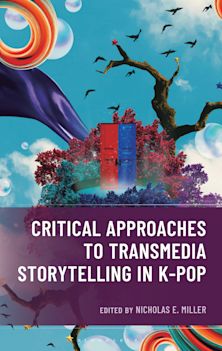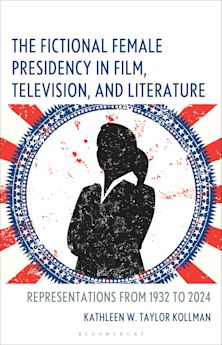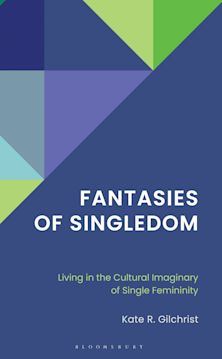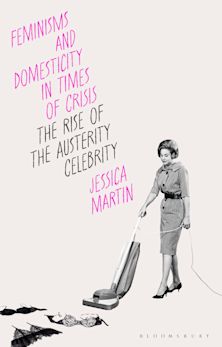Political Economy of Contemporary African Popular Culture
The Political Interplay
Political Economy of Contemporary African Popular Culture
The Political Interplay
This product is usually dispatched within 1 week
- Delivery and returns info
-
Free CA delivery on orders $40 or over
Description
Drawing on examples from across the continent, this volume examines socially significant aspects of contemporary African popular culture—including music cultures, fandoms, and community, mass, and digital media—to demonstrate how neoliberal politics and market forces shape the cultural landscape and vice versa. Contributors investigate the role that the media, politicians, and corporate interests play in shaping that landscape, highlight the crucial role of the African people in the production and circulation of popular culture more broadly, and, furthermore, demonstrate how popular culture can be used as a tool to resist oppressive regimes and challenge power structures in the African context. Scholars of political communication, cultural studies, and African studies will find this book particularly useful.
Table of Contents
Part 1: Politics, Political Economy, and Society
Chapter One: Promoting Political Participation and Accountability through Popular Culture: A Study on Women and Community Radio in Northern Ghana
Chapter Two: African Humanism, Liberal Populism, and the Politics of Antiblack Culture
Chapter Three: Contextualizing Chronicle’s Construction of Cont Mhlanga’s ‘Heroism’: Arts, Politics, and Ethnicity Nexus
Chapter Four: Political Godfatherism, Propaganda, and the Media in the Nigerian Political Scene: A Study of ‘Oba’ in King of Boys
Chapter Five: ‘Tsotsitaal,’ the Commodification of Language by South Africa’s Main Political Parties During Election Campaign Advertisements
Part 2: Entertainment Industry, Sports, Political Economy, and Society
Chapter Six: Influence of Hip-Hop Culture and Music Videos on Students Living in South African Private Mixed Residences: A Case Study
Chapter Seven: Imperialist Allusions in Debo Adedayo’s Elizabeth the Terminator
Chapter Eight: A Survey of Nigerian Youths on Political Participation and Political Apathy: A Case Study of Kemi Adetiba’s King of Boys
Chapter Nine: “Divided in Nigeria, United by Football”: An Exploration of Football Fandom Culture as a Motivating Factor for Communication and Unity among Nigerian Youths
Chapter Ten: Comparative Political-Economic Case-Evaluation of Benue Musicians amidst Politically-Hyped Western Digital Musical-Artistry
Chapter Eleven: ‘Eat or Be Eaten’: Cannibalism-Political Economy Nexus in African Football News Reports
Chapter Twelve: ‘What Scares me is what scares you’: Producing Commercially Viable South African Horror Films for Local and International Target Audiences
Part 3: Digital Media, Political Economy, and Society
Chapter Thirteen: The Political Economy of New Media in Nigeria’s Fourth Republic: Insights from #Nigeria Twitter Ban
Chapter Fourteen: The Political Economy of Digital and Social Media Influencer Marketing: A Reception Analysis of Coca-Cola’s Digital Marketing among Young Adult Nigerians
Chapter Fifteen: Realist or Chauvinist? A Critique of Tawona Shadaya Knight’s Tweets Concerning Objectification of Women
Chapter Sixteen: Weaponizing Political Rhetoric to Galvanise Voters’ Support on the Twitterscape: Case Study of Contentious Political Spheres in South Africa and Nigeria
Part 4: Fake News, Crime, Political Economy, and Society
Chapter Seventeen: Fake News and Misinformation and Their Impacts on Public Perceptions of Reality in Kenya: A Literature Review
Chapter Eighteen: New Wine Versus Old Wine: Internet Praxis Begets New Social Reality of Power Relations between the Young and the Old in the Swedru Municipality
Chapter Nineteen: Mobile Phones as ‘Engine Boat’ of Political Economy of the Media: A Study across Print Media in Lagos, Nigeria
Conclusion: The Political Economy of Popular African Culture in the Information Age: Some Thoughts
Product details
| Published | Apr 09 2024 |
|---|---|
| Format | Hardback |
| Edition | 1st |
| Extent | 376 |
| ISBN | 9781666955668 |
| Imprint | Lexington Books |
| Illustrations | 5 BW Illustrations, 6 Tables |
| Dimensions | 236 x 159 mm |
| Series | Communication Perspectives in Popular Culture |
| Publisher | Bloomsbury Publishing |
Reviews

ONLINE RESOURCES
Bloomsbury Collections
This book is available on Bloomsbury Collections where your library has access.












